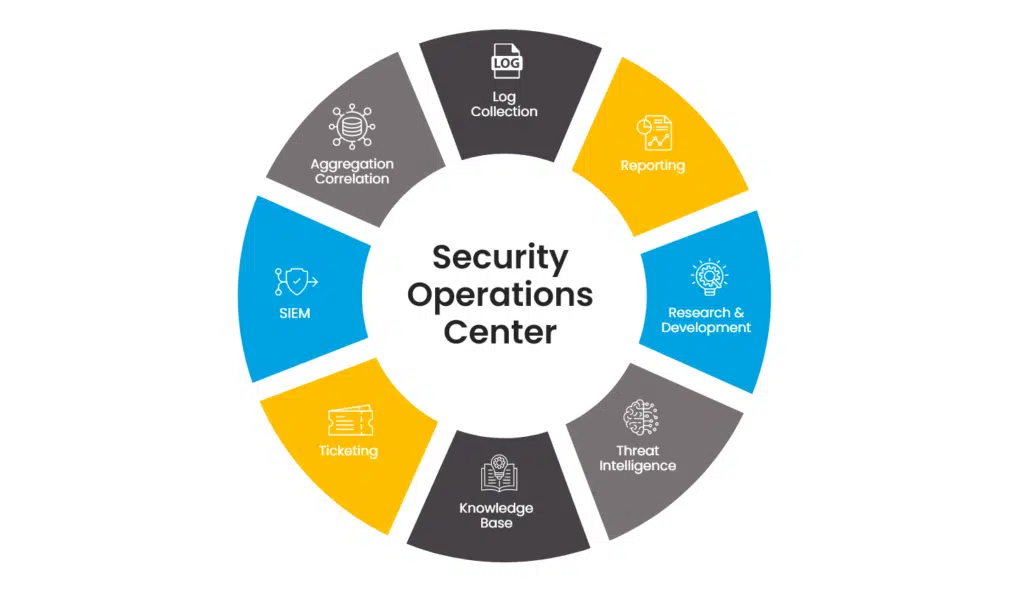As more businesses bring their front and back-end operations online, there has been a spike in cyberattacks against small and medium businesses (SMBs). In fact, a 2022 report from Barracuda Networks found that small businesses are now three times more likely to be targeted by cybercriminals than larger companies.
SMBs become easy targets as they usually lack the security resources available to larger organizations and are mostly unaware of vulnerabilities in their IT systems. SMBs are also often part of supply chains of much larger companies, and attackers can breach an SMB’s systems to target a bigger company.
SMBs have traditionally viewed cybersecurity as a non-priority, mainly due to:

- Lack of understanding of the potential risks and consequences: The average cost of a data breach for a company of less than 500 employees is $2.98 million while for those with 1,001 to 5,000 employees, it averaged $4.09 million, IBM found in its 2021 Cost of a Data Breach report. The impact of a cyberattack also extends beyond the immediate financial impact, disrupting business till the impacted systems are recovered and brought back online, affecting customer confidence, loss of valuable data or IP, and any potential legal or regulatory consequences, among others.
- Perception that cyber-attacks only happen to large companies: While it is true that breaches at larger firms give cybercriminals access to more data and potential for demanding larger ransoms, cyber criminals have been targeting companies of all sizes, with the number of attacks growing drastically since the pandemic, BlackBerry found in its 2022 Threat report. It also found that SMBs faced an average of 11 to 13 threats per device, a number much higher than enterprises.
- Belief that implementing cybersecurity measures would be too expensive or time-consuming: The cost of implementing cybersecurity measures can depend on a variety of factors, including the size and complexity of the organization, the specific measures being implemented, and the level of expertise required to implement them.
Not surprisingly, a growing spate of attacks specifically targeting SMBs in the last few years has caught the segment unawares.
Cyberattacks can take several forms, including phishing, malware or ransomware, Distributed Denial of Service (DDoS) attacks, and password attacks. Without a cybersecurity strategy, discovering an attack can take days, if not months, and recovering from it can take even longer and prove more costlier to a business.
This signals the need for a paradigm shift in how SMBs view cybersecurity, and how they manage their IT operations. A robust security operations center (SOC) is no longer a nice to have, but an imperative.
A SOC provides a centralized IT security team which monitors and analyzes system logs, network traffic, and security alerts generated by firewalls to identify and investigate potential security incidents, classify and prioritize them based on severity, and respond to them in real-time.
Security Operations Center

Source: Businesstechweekly.com
However, building an in-house SOC requires significant investment in both technology and personnel and can be challenging and costly for SMBs. That’s where IT security outsourcing comes in as a practical and effective solution. Leveraging an outsourced SOC provider can deliver multiple benefits:
- Expertise and experience: Security threats are constantly evolving and require a highly specialized skill set to manage effectively. By outsourcing IT security, SMBs get access to experienced professionals with a deep understanding of cybersecurity threats and how to manage them.
- 24/7 Monitoring and support: Cybersecurity threats don’t take a break. Outsourcing the SOC provides continuous monitoring and support to quickly identify and respond to any security incidents.
- Cost savings: Outsourcing the SOC can provide significant cost savings by reducing the need for costly security infrastructure, hardware, and personnel.
- Access to latest technology: Outsourced IT security providers usually have established relationships with security vendors and can provide access to the latest technology at a fraction of the cost of building an in-house SOC. For instance, Auxis has partnerships with leading security technology providers such as Microsoft Azure and Cisco for services such as Multifactor Authentication, Vulnerability Management and Next Generation Antivirus, as part of our SOC offering.
- Scale and flexibility: SMBs may have fluctuating security needs, depending on their business cycle or industry and outsourcing the SOC allows them to scale their security needs up or down rapidly as required.
- Compliance and regulation: SMBs operating in highly regulated industries such as healthcare, finance, and government need to comply with strict security standards. Outsourcing the SOC to a provider that specializes in compliance can help SMBs ensure they meet these standards without incurring the costs and complexities of building an in-house SOC.
Outsourcing the security of critical technology infrastructure may sound daunting for those that have not yet done so, leading to feelings of loss of control over your IT security policies, procedures, and tools. To prevent this, SMBs need to carefully evaluate their options for outsourcing their SOC operations and ensure that they select a reliable and trustworthy provider that can meet their specific security needs while remaining cost-effective.
It is also essential to establish clear communication and collaboration channels between the outsourced SOC and the internal IT team to ensure they work together effectively to protect the company’s critical assets.
Partnering with the right SOC services provider can be a gamechanger for SMBs, helping them stay focused on their core business and capitalize on growth opportunities.
